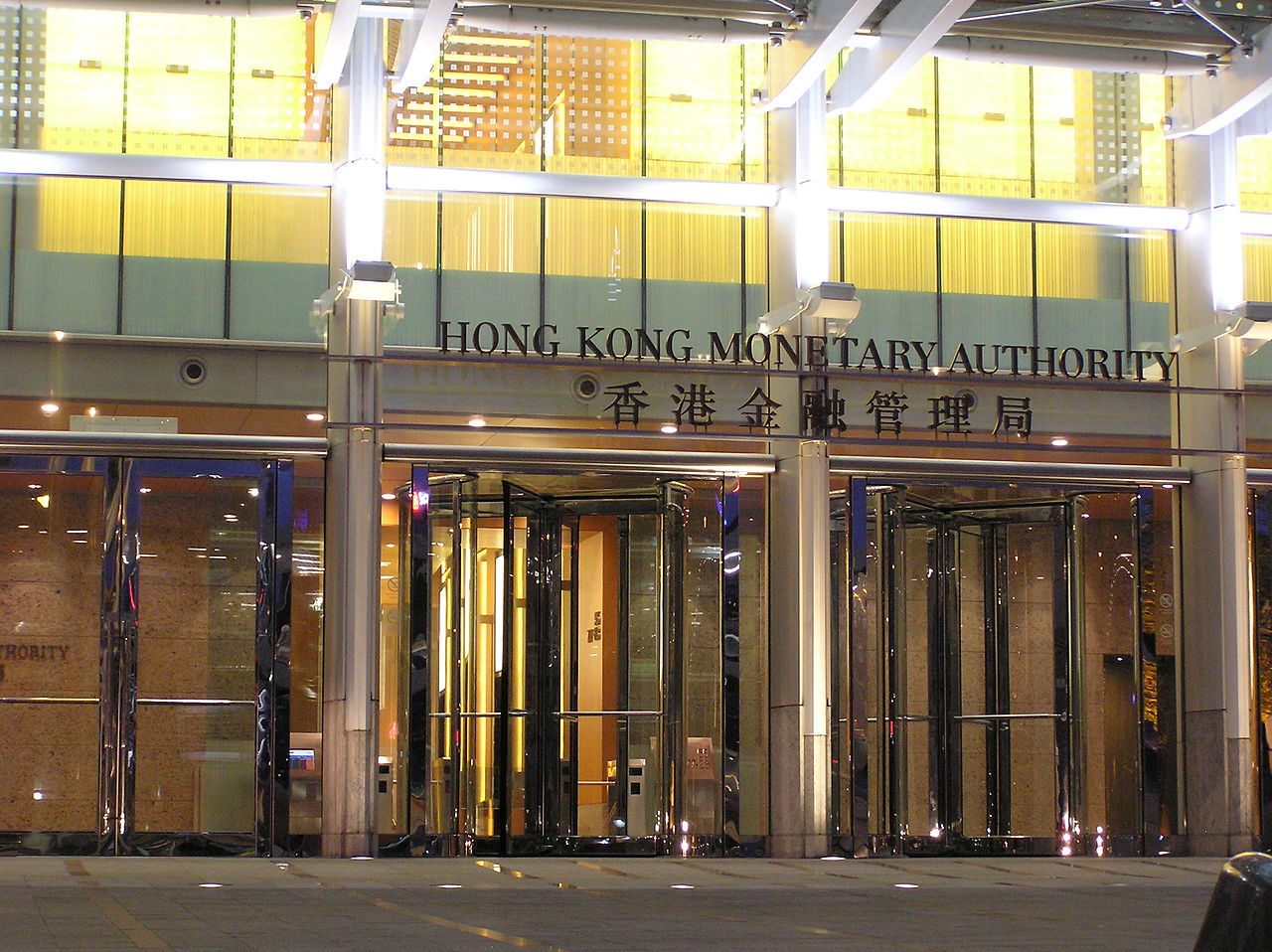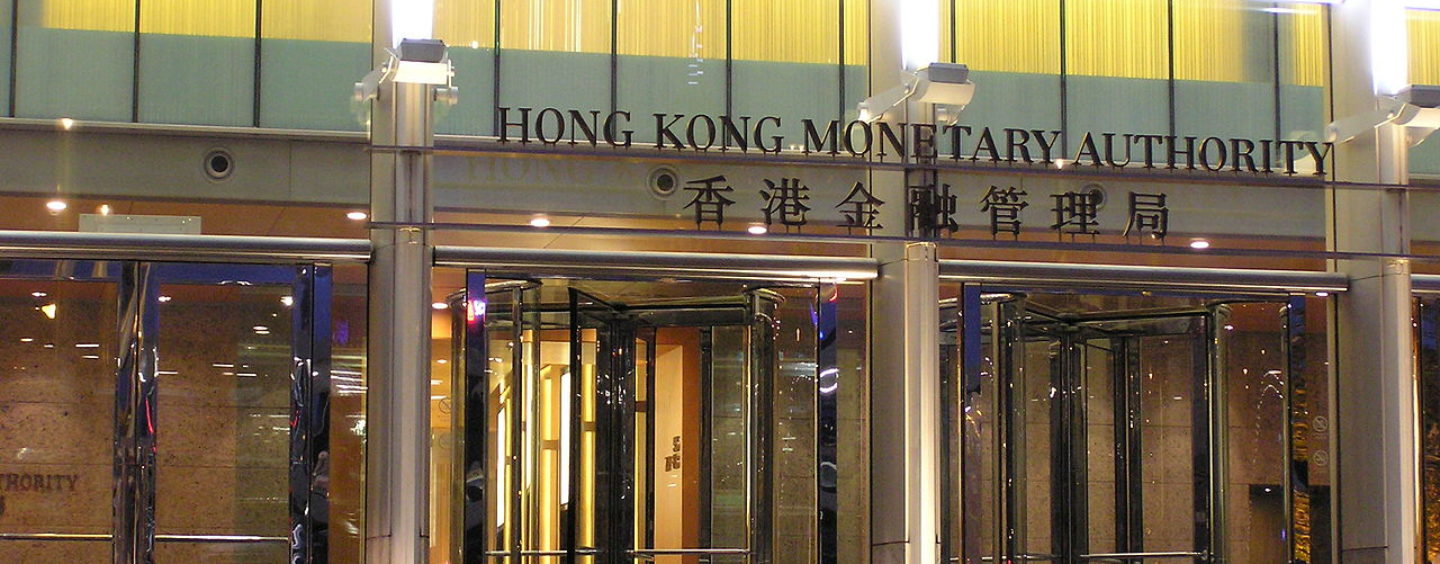HSBC and the Hong Kong Applied Science and Technology Research Institute (ASTRI) launched a research and development innovation laboratory on Monday, the latest in a series of initiatives to boost the development of financial technology (fintech) in the city.

Hong Kong Applied Science and Technology Research Institute (ASTRI)
The hope is that collaboration between HSBC and ASTRI will develop solutions to real problems that affect the bank and its customers. These include development of advanced authentication technologies, cyber security protection and behavioural biometrics using artificial intelligence technologies.
Peter Wong, chief executive and deputy chairman of HSBC, said at the launch ceremony that technology comprised all areas of the bank’s global business.
“Today, the establishment of a Global Innovation Lab in Hong Kong is a testament to the importance of the territory to the bank,” he added.
Hong Kong’s Financial Secretary John Tsang, also speaking at the ceremony, said the city now had 12 fintech innovation labs, including initiatives from Accenture, Australia’s Commonwealth Bank and US university MIT. “Fintech is one of our major priorities,” Tsang added.
Next week Hong Kong will hold its first “fintech week” involving the participation of many government bodies and private organisations.

However, according to a new report released by Deloitte, Hong Kong currently ranks only fifth as a global hub for fintech, behind London, Singapore, New York and Silicon Valley.
Deloitte attributed Singapore’s recent rise to second place in the rankings to the proactive stance taken by the city-state’s government.
“Support from the government for innovation is an effective accelerator for the development of fintech. This explains why Singapore is leading Hong Kong.” – Paul Sin, fintech consulting partner with Deloitte.
“While market competition can effectively drive the development of enterprises in the industry, support from the government for innovation is an effective accelerator for the development of fintech. This explains why Singapore is leading Hong Kong in all the three indicators,” said Paul Sin, fintech consulting partner with Deloitte.
The three indicators considered in the rankings were status as a financial services hub, the ease of doing business, and levels of innovation.
Speaking last week to publicise Hong Kong’s upcoming fintech week, Charles Ng, associate director general of InvestHK, said one reason why Hong Kong had moved more slowly on developing fintech was that as a global financial centre it relied on a strong and rigorous regulatory regime, though he added that Hong Kong had the potential to be the “world’s fintech hub”.
However, recent months have seen some progress on the fintech regulatory front and in September the Hong Kong Monetary Authority (HKMA) launched a “supervisory sandbox” which would enable banks to test innovations without obtaining full regulatory approval.

Hong Kong Monetary Authority. From Wikipedia
At the time, Emma de Ronde, a partner at law firm Norton Rose Fulbright, told the Post that it was a good first step, though added that Hong Kong was still behind the curve.
HSBC said at the launch of the laboratory on Monday that some of its innovations could be tested in the sandbox.









